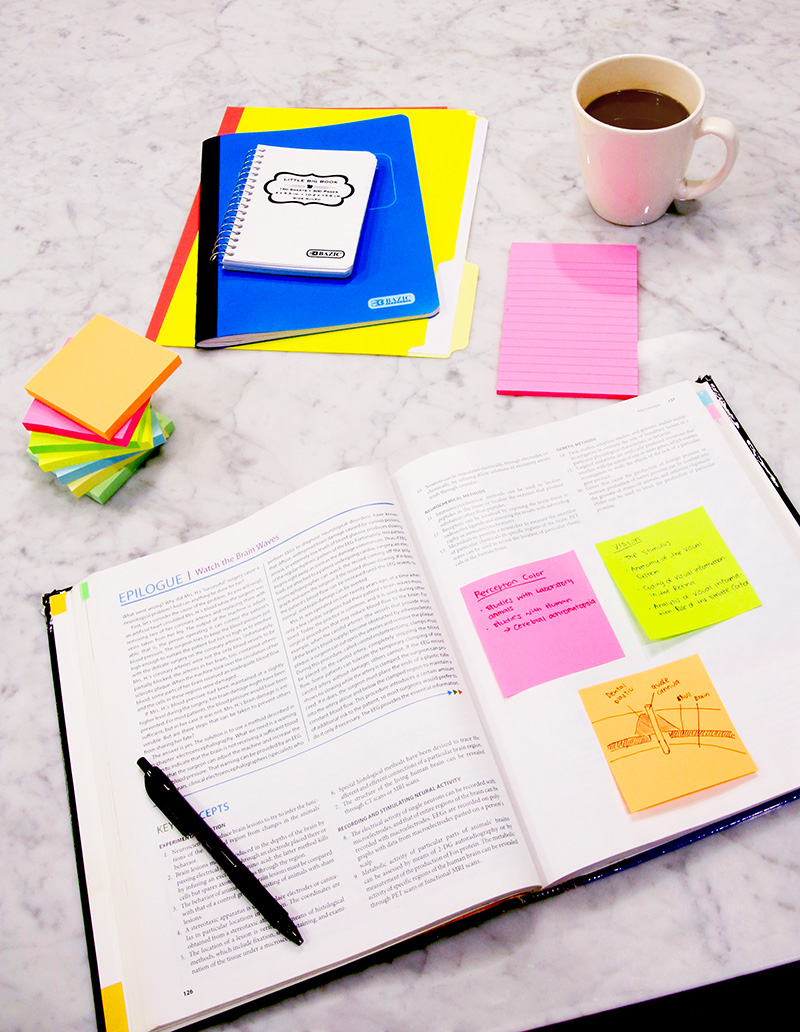6 Productivity Tips For Busy Students

After-school sports. Friends, Fortnite. Food! Between the hours of 3pm and 10pm, time can fly by faster than a tub of M&M’s at a kindergarten party, and it is important for students to use those hours efficiently in order to maintain a social life, excel in their sports and other extracurricular activities, and most of all, do their best at school. Falling behind in school can be detrimental to your child’s self-esteem, overall health, and their future. Here are 6 tips for keeping your student on task and on time.
1. Make a Schedule and Prioritize Your Tasks. Whether your student uses a composition book, the latest in planners, or an app like the myHomework Student Planner, find what makes sense to your child and help them get organized. It is more important to schedule than to make to-do lists. Ideally, we all want to get through a to-do list, but they do not take into consideration the actual time it may take to check off a big task, take a break, or travel to school, work, and activities.
2. Turn Off Your Phone (or at least put it in Airplane Mode). Social media, the latest gaming app, and texts from friends are distractions that take time away from completing school work. The constant buzz from notifications will break your child’s concentration when he/she should be studying.
3. Workspace is Key. Have a space specifically for school work. Homework and studying should be done at a clean and organized desk, free of stacks of paperwork, clutter, and distractions. Pens, highlighters, pencils, lined paper, stapler, a ruler, and stick-on notes should be easily accessible to save time.
4. Know How Your Grades Are Constructed. Projects, exams, and assignments are weighted differently based on the class and teacher. Know when the most important ones occur and make sure you that you set aside the time to work with the right mindset.
5. The Multitasking Myth. The ability to multi-task may be appealing to human resource managers and other job interviewers, but in the academic arena, it is non-beneficial to students. The negative effects of multitasking include:
- Poor retention of materials
- Increased stress, “mental blocks”, and frustration
- Increased distractions which lead to falling behind and shortcutting
- Decreased creativity and focus on priorities
6. Health Matters. Eat healthy and get enough sleep. It is easy to go through a drive-thru and grab a sack of fried foods, but eating fast food can put you into a food coma and slow you down. Fruit, vegetables, lean meats, and adequate water consumption will help keep students energetic and on point with task completion. Sleep helps fight illnesses and it gives the body the opportunity to decrease stress and clear the mind. Be sure your student gets at least 8 hours of sleep.
Life gets busy, the unexpected is not always avoidable, but it doesn’t have to consume your schedule. Also, be sure to make time for fun! Have a wonderful school year
